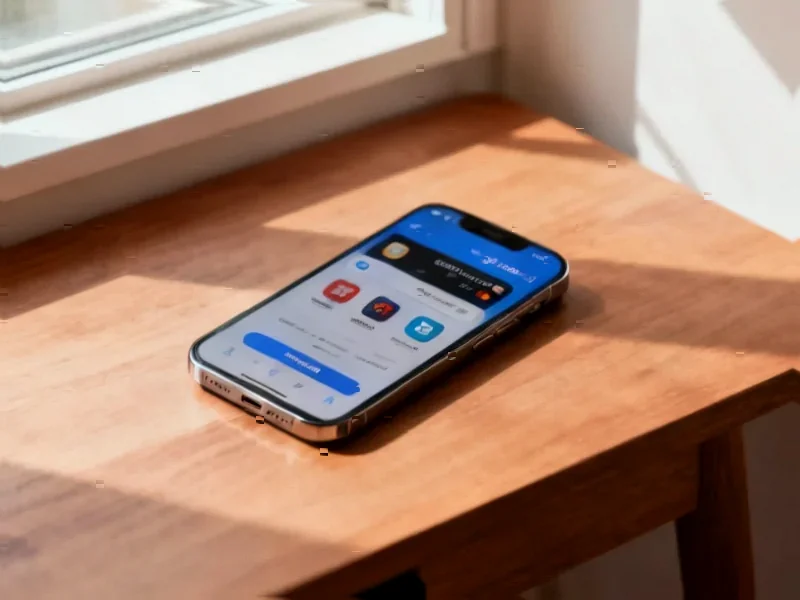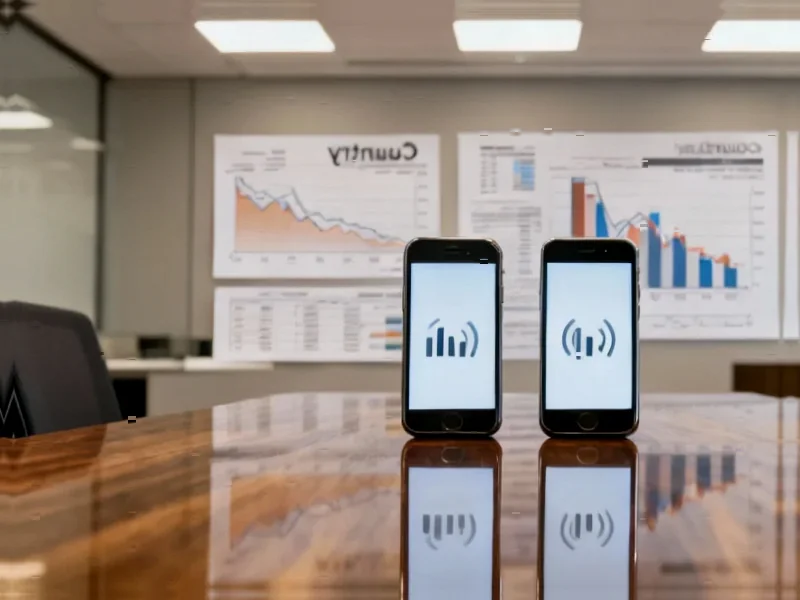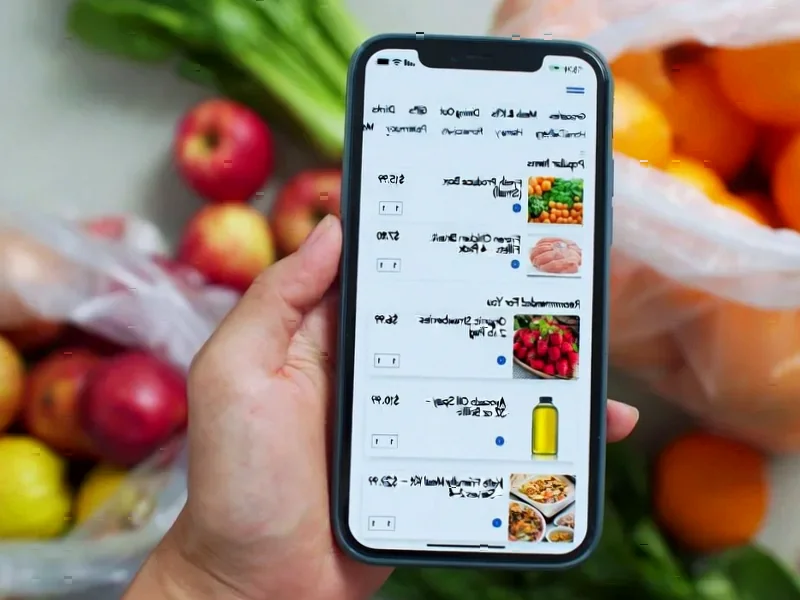According to TechSpot, Google and Epic Games have reached a settlement in their antitrust case that will dramatically reshape the Android app ecosystem until June 2032. The deal follows Epic’s 2020 lawsuit and a 2023 jury verdict finding Google maintained an illegal monopoly. Under the new terms, Google will launch a “Registered App Store” program allowing one-click installation of third-party stores without security warnings. Developers will gain flexibility to implement alternative billing systems with service fees potentially dropping to as low as 9% compared to the traditional 15-30% range. The settlement also maintains restrictions from Judge James Donato’s 2024 injunction prohibiting Google from paying for exclusivity deals favoring the Play Store.
What this means for developers
This is basically a game-changer for Android developers. For years, they’ve been stuck with Google‘s 15-30% cut on in-app purchases. Now they’ll have real alternatives. The ability to use third-party payment processors means they can potentially pass those savings directly to consumers or keep more revenue for themselves.
And here’s the thing – this isn’t just about money. Third-party stores will be treated as “first-class citizens” within Android, meaning they can handle app listings, updates, and purchases just like Google’s own platform. Phone manufacturers can even preinstall these alternative stores without losing Android certification. We could see phones shipping with multiple app stores right out of the box.
Impact on Android users
Remember those scary security warnings when you tried to sideload apps? Gone. The settlement requires Google to present third-party stores with neutral language rather than discouraging messages. Installing from alternative stores will become as seamless as using the Play Store itself.
But here’s the real question: will users actually bother? Most people are creatures of habit. They’ve been trained to use the Play Store for over a decade. Still, having genuine choice could lead to better deals, more innovative app stores, and potentially even regional marketplaces that better serve local needs.
The bigger picture
This settlement runs until 2032 – that’s one of the longest antitrust remedies ever imposed on a major tech platform. It shows how seriously the courts are taking app store monopolies. And it creates an interesting precedent while Apple continues fighting similar battles.
Epic CEO Tim Sweeney called the outcome “awesome,” and honestly, he’s not wrong. This represents a massive shift from Google’s walled garden approach to something much more open. The prohibition on exclusivity deals means Google can’t just pay manufacturers to keep the Play Store dominant. Competition will have to happen on merit rather than financial muscle.
So what happens next? If the court approves this deal, we’re looking at the most significant change to Android’s app ecosystem since its inception. It’s a win for choice, a win for competition, and potentially a win for your wallet. The Play Store monopoly is officially over.





Your article helped me a lot, is there any more related content? Thanks!